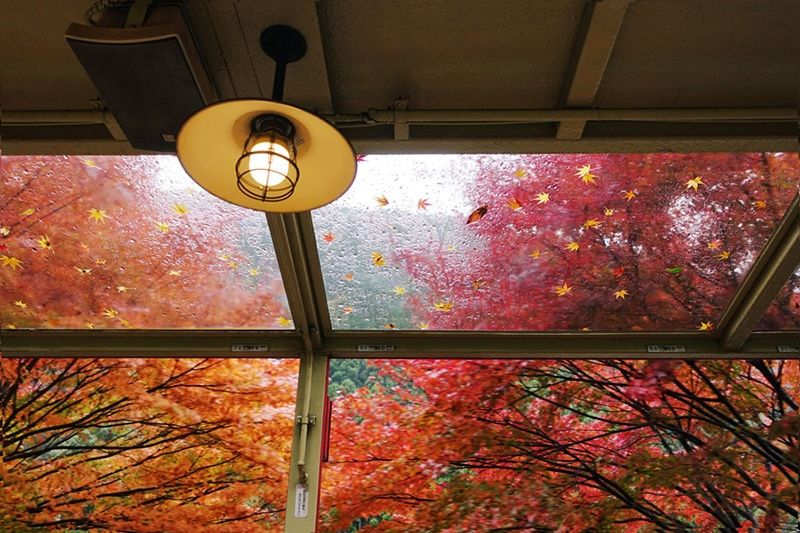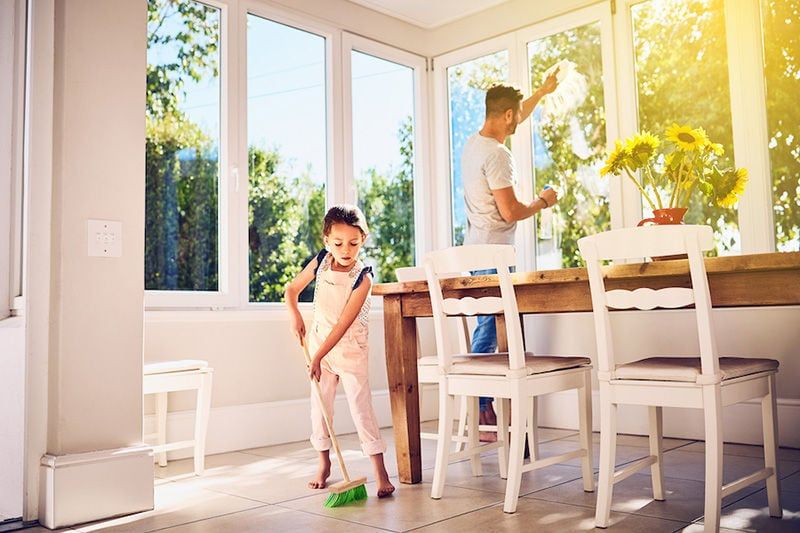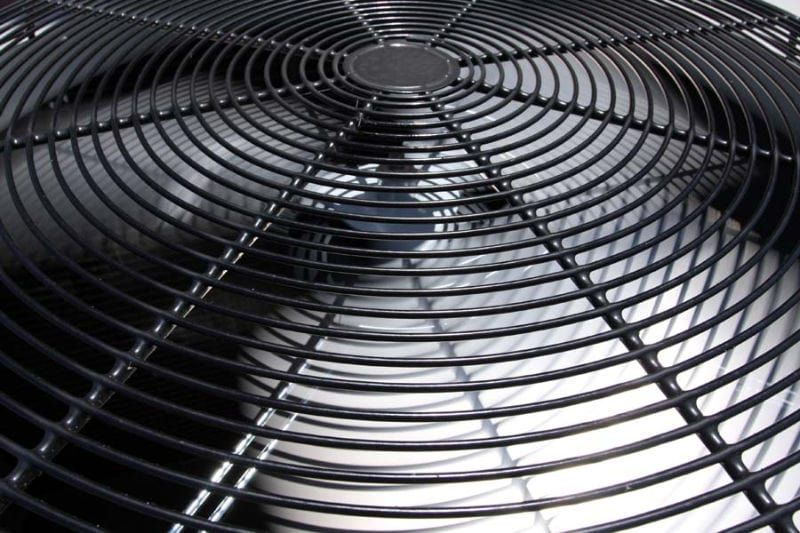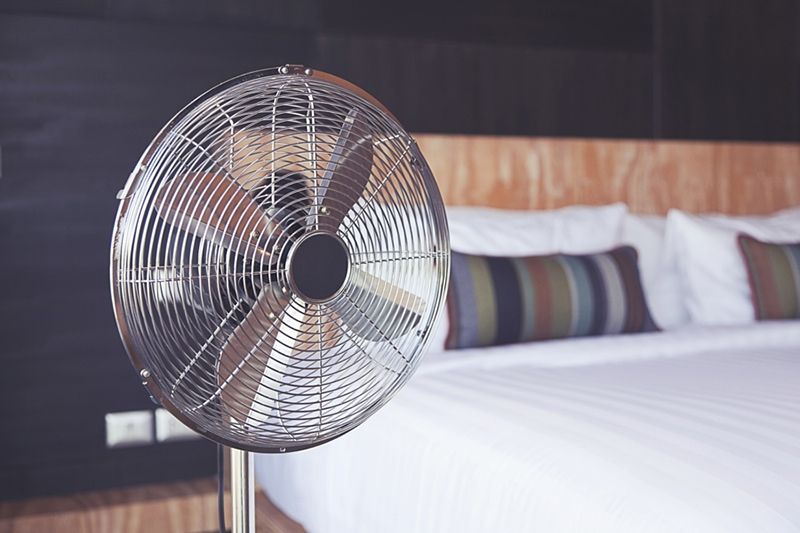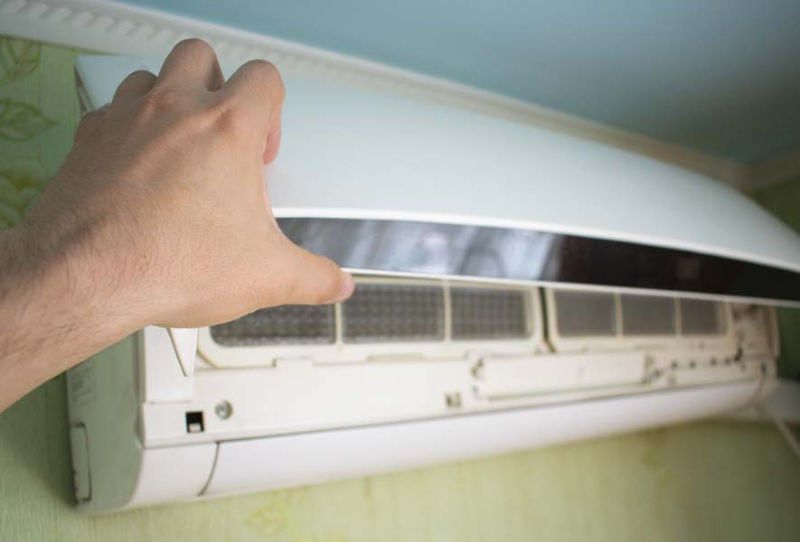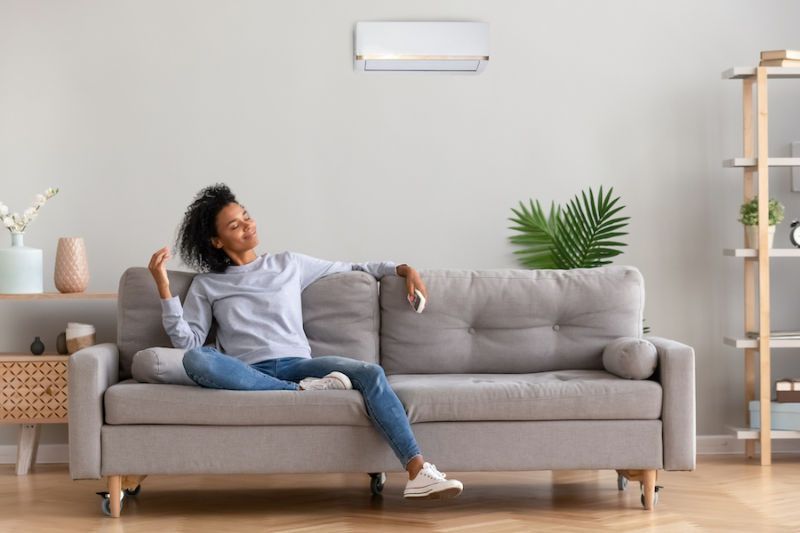When you’re looking at how your air conditioner works, it can depend on a wide variety of factors. Most people realize that the brand you select, the size, the features, and the efficiency rating all play a role in how well an air conditioner will cool your Tucson home.
However, many environmental issues also play a significant part in not only your air conditioner’s performance but contribute to potential problems you may face. Our team of experts at ACS Air Conditioning Services wants to help increase your awareness of some of these environmental factors.
Size and Layout of Your Home
It’s very important to select the right-sized air conditioner for your Arizona home. Some people use a quick-and-dirty square-foot calculation to determine the size of a new air conditioner. However, you should also take into affect the size, layout, and design of your home.
For instance, many homes have high ceilings and open floor plans. This can result in a cooling challenge on the hottest days. You may want to use the volume of your home to perform sizing calculations.
In addition, the placement of ceiling fans or other air-circulation systems may also affect how well your air conditioner distributes cooled air.
Family Size and Schedules
Another factor in your air conditioner performance is how often you use your cooling system. This can vary depending on how large of a family you have and how often they are home.
For example, if you have a large family who spends a lot of time in your home, you’ll be working your heating, ventilation, and air conditioning (HVAC) system much harder than if you are a single person who travels a great deal for your job.
Presences of Pets
More and more families today have a pet or multiple animals living inside their home. If you are a pet owner, you know how frequently you must clean your floors and furniture, especially if your dogs or cats shed a great deal.
In this case, be sure to change your HVAC air filter more frequently, because your pets will be contributing more hair and dander to your indoor air. In addition, be aware that pet hair can easily clog up air conditioner drains.
Smoking
If you smoke inside your home, this will also affect your air conditioner’s performance. You’ll want to be more diligent about changing your air filters and may want to consider investing in a higher-quality air filtration system to remove the added particulates.
According to the American Lung Association, about 7,000 different chemicals are produced when someone smokes. This not only affects your indoor air quality but can contribute to the deterioration of your air conditioning system.
Tar and nicotine are sticky and, therefore, can attract more dust and dirt to adhere to the inside components of your air conditioner. You’ll either want to clean these components more regularly or have one of our ACS Air Conditioning Services professionals inspect and service your air conditioner frequently. Improving your air conditioning maintenance and air filtration system can also reduce the number of chemicals constantly circulated inside your home.
Climate and Humidity
There’s obviously a significant difference in how often and hard your air conditioner will work when you compare homes in the northern colder climates against those in the hot southern ones. In addition, there’s a difference between those locales with very humid weather and those that have hot, dry weather.
If you live in one of the warmer climates, it will be more important to schedule regular maintenance before the hottest weather hits to ensure your air conditioner is performing at its peak.
In addition, if you experience high humidity levels, you may want to use a dehumidifier to take some of the burden off your air conditioning system. Although most air conditioners are designed to reduce humidity, in extremely humid climates, it may be difficult to keep up.
Contact ACS Air Conditioning Services Today
If you are in the market for a new air conditioning system or need to repair an existing system, turn to ACS Air Conditioning Services in Tucson, AZ. Our trained experts are well versed in all major makes and models and can provide you with reliable, high quality assistance and service. Call 520-230-5668 or contact us online today.
